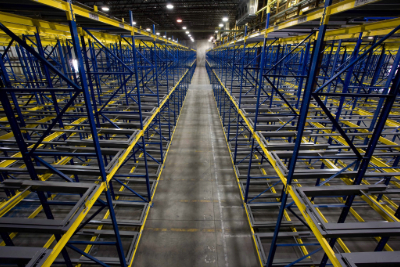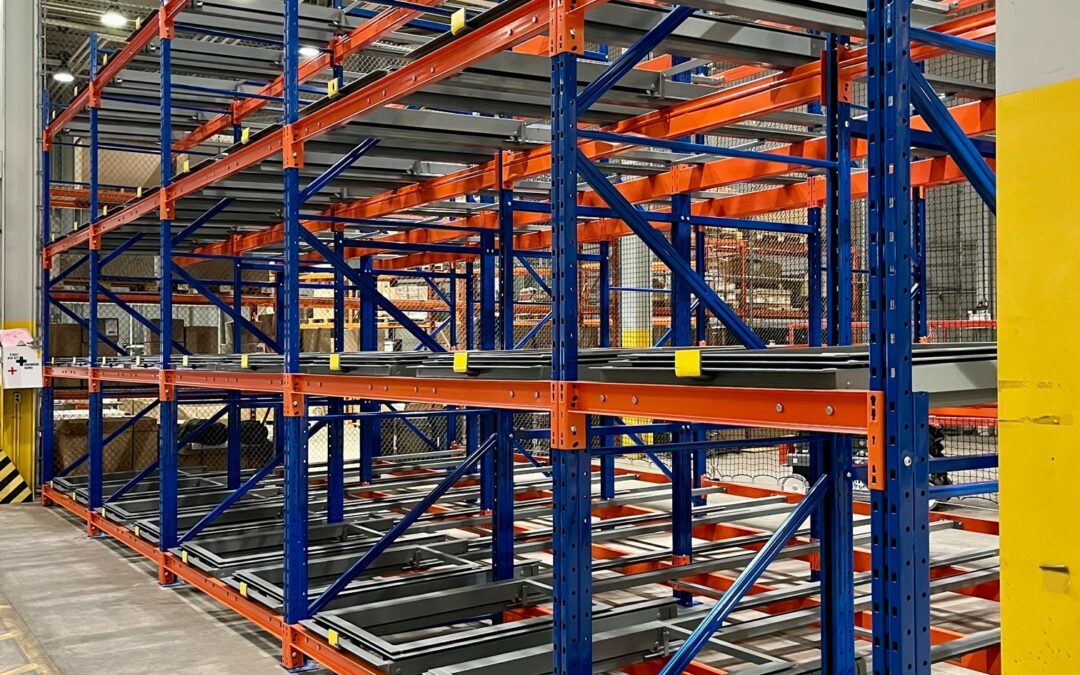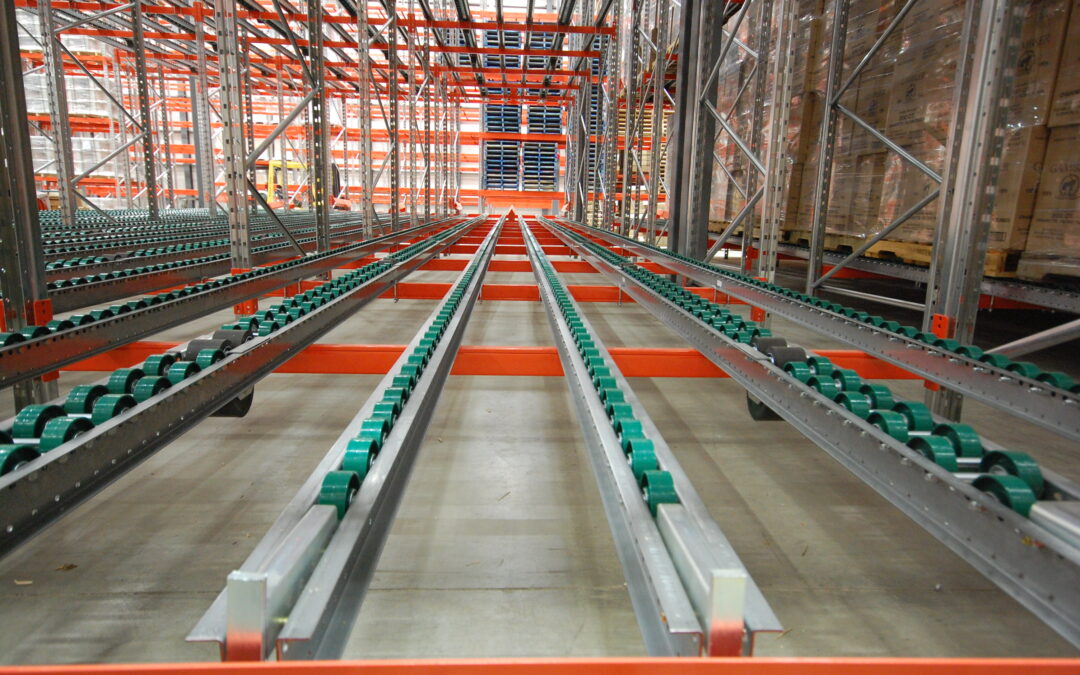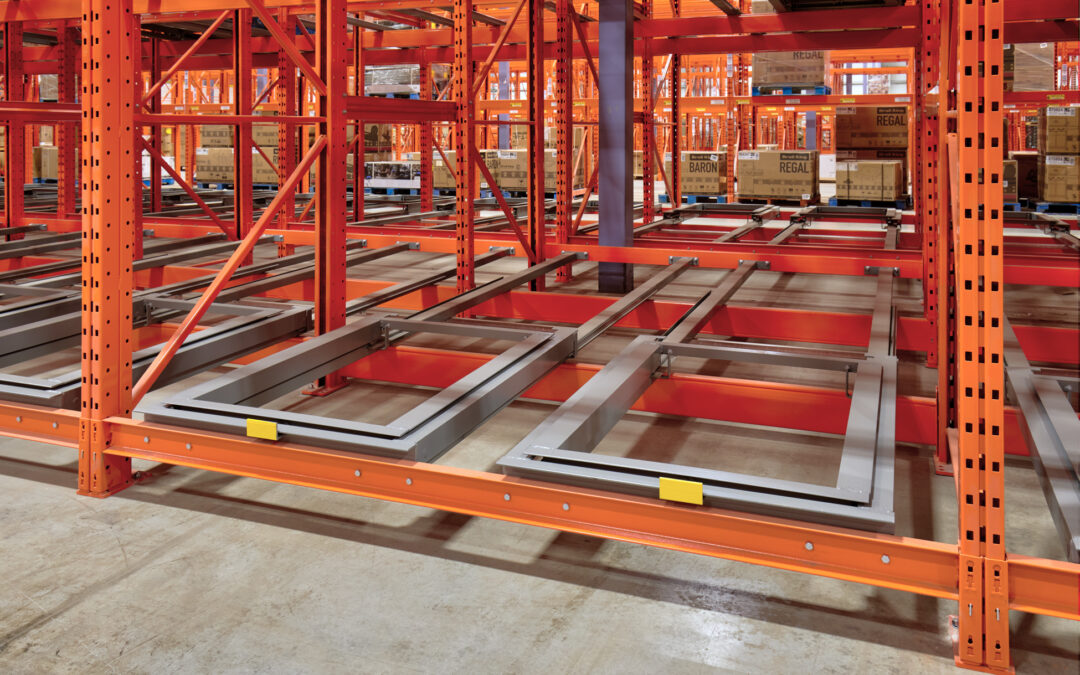No matter how large a warehouse is, its’ potential may get restricted when not equipped with effective storage systems. Pushback racking systems are designed to maximize storage capacity and efficiency. Operating on a Last in First Out (LIFO) principle, pushback...





